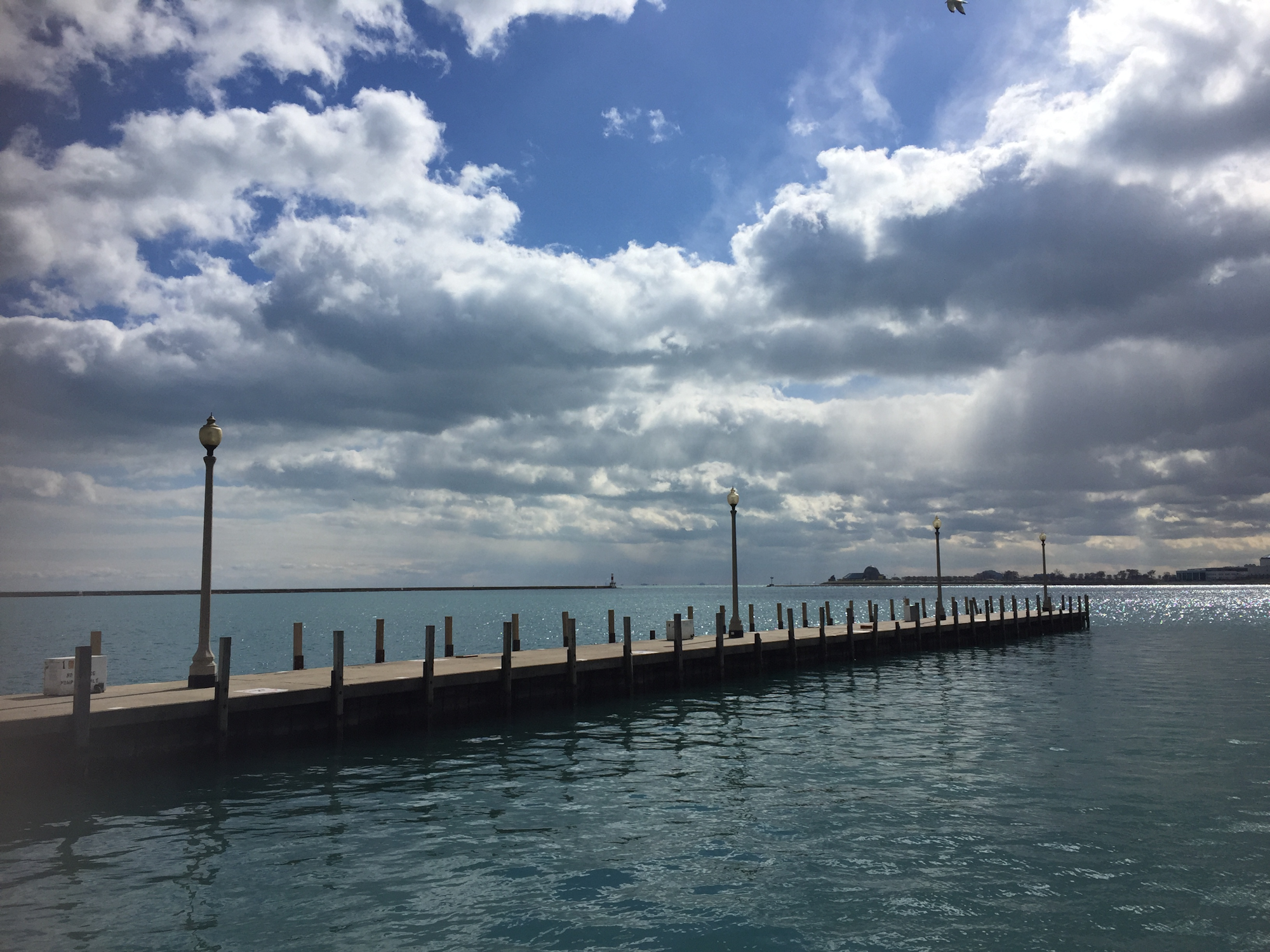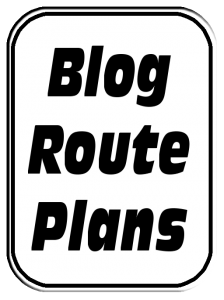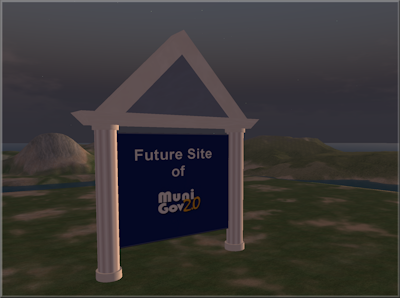Over the last year, there's been a significant increase in the use of social media by those of us working in public works. Some of us are using it for work to enhance communications with citizens or other professionals. Others have started using it only to interact with personal friends and relatives. But even though everyone seems to be getting more comfortable tweeting, sharing posts on Facebook, and watching YouTube videos, few have moved on to creating blogs. Yet just about every one of us has significant information and experiences that could be best shared with others through a blogging format. So we wondered what could the Public Works Group do to encourage and support more sharing of public works information online? And that's when we decided to launch the Blog Route Plans!
The Blog Route Plans are monthly subscription plans that can help you easily get a blog, and even a few social media sites, up and running. For a monthly fee, we can set up and host a blog for you, offer tutorials, keep your site upgraded, and provide resources and ideas for you to use to create content on your blog. And because some people feel more comfortable having others check over their posts before publishing, we can help out by providing that service too.
Based on our research, this is somewhat of a different approach to offering social media services. Most people who want a website or blog usually contract with someone or a company to provide the site. And once delivery takes place, the fee is paid, and the customer is handed a newly created site to proudly display online. But because setting up a social media site like a blog is just the beginning, we believe it's more important to provide support to you on a regular basis. After all, it's the content on your site and your engagement online that will provide the most value to your reader. And it's not always easy to come up with ideas or topics for posts or keep up with all the new tools to incorporate into your site.
Sure there are some social media consultants out there who will run your site for you and create and generate content. But the cost can be hefty, they probably don't have the public works background you do, and really social media is more about personal interaction – not just hiring someone to do it for you. So instead we want to offer services that support and help you create the best content possible. We already have the Public Works Group Website where we post information related to our industry. But through our plans, we can better keep you informed about any new social media tools out there and whether or not they can help increase the value of your site. And of course, we will send ideas and suggestions for posts.
Some people might ask why pay for a monthly subscription when anyone can set up a blog for free on sites like WordPress.com or Blogger? For those who are interested in setting up blogs on their own, this is definitely a solution. However, we do realize that eventually some people, particularly those setting up blogs for their companies, will need or want more control over their blog than a free hosting plan provides. And our plans are set up for people who don't want to have to worry about researching how to set up blogs, worry about maintaining a site, or worry about what tools they really should be using. The Blog Route Plans also allow the Public Works Group to act as a type of personal blogging assistant providing content ideas, checking posts, or just being there to answer questions about social media or blogging. So if you've been thinking of blogging or just have some questions, check out our plans or e-mail us with any thoughts or questions at pwg@publicworksgroup.com






 Several months ago, I read some blog posts about frustration with Gov 2.0 not doing enough and a few other posts with offers from people interested in working for free for experience. The two seemingly unrelated topics got me wondering: How could our city use Gov 2.0 to offer job opportunities to people just looking for experience and also offer opportunities to citizens interested in participating in government? My thoughts drifted to the projects I’m working on at my job. And I wondered if our city could reach out to these people with the use of Gov 2.0 tools to help us complete some of our projects. One particular project rose above the others as a perfect candidate – the creation of a database documenting all properties in which the city holds some interest. It seemed possible because all the research could be done online by anyone with a connection to the Internet.
Several months ago, I read some blog posts about frustration with Gov 2.0 not doing enough and a few other posts with offers from people interested in working for free for experience. The two seemingly unrelated topics got me wondering: How could our city use Gov 2.0 to offer job opportunities to people just looking for experience and also offer opportunities to citizens interested in participating in government? My thoughts drifted to the projects I’m working on at my job. And I wondered if our city could reach out to these people with the use of Gov 2.0 tools to help us complete some of our projects. One particular project rose above the others as a perfect candidate – the creation of a database documenting all properties in which the city holds some interest. It seemed possible because all the research could be done online by anyone with a connection to the Internet.